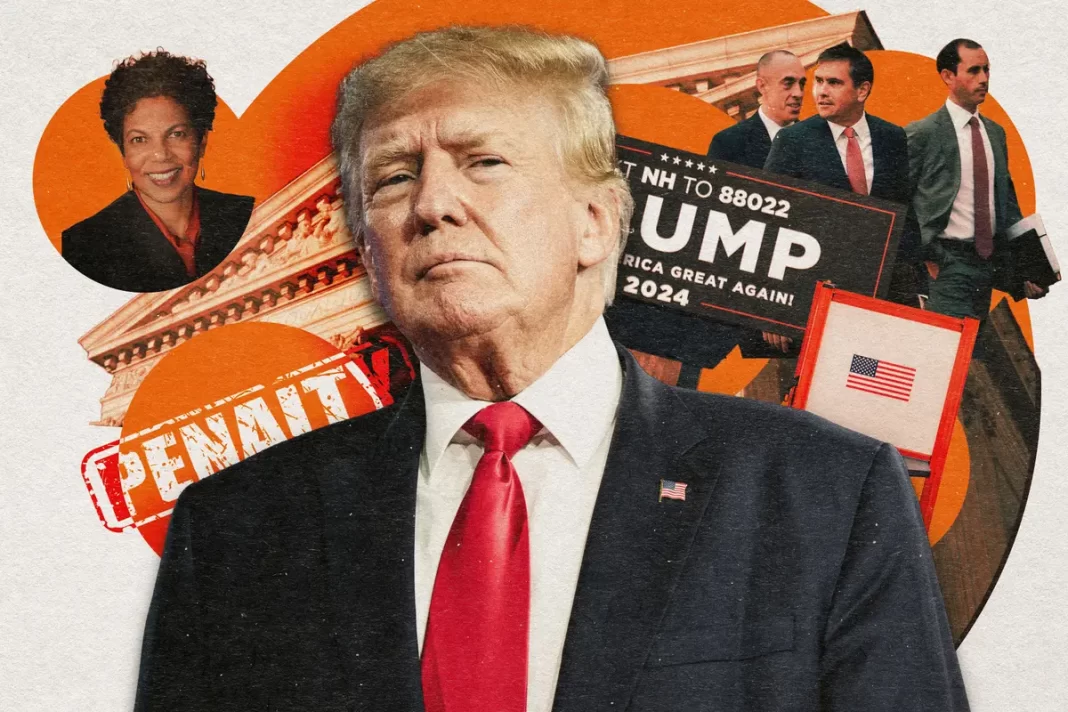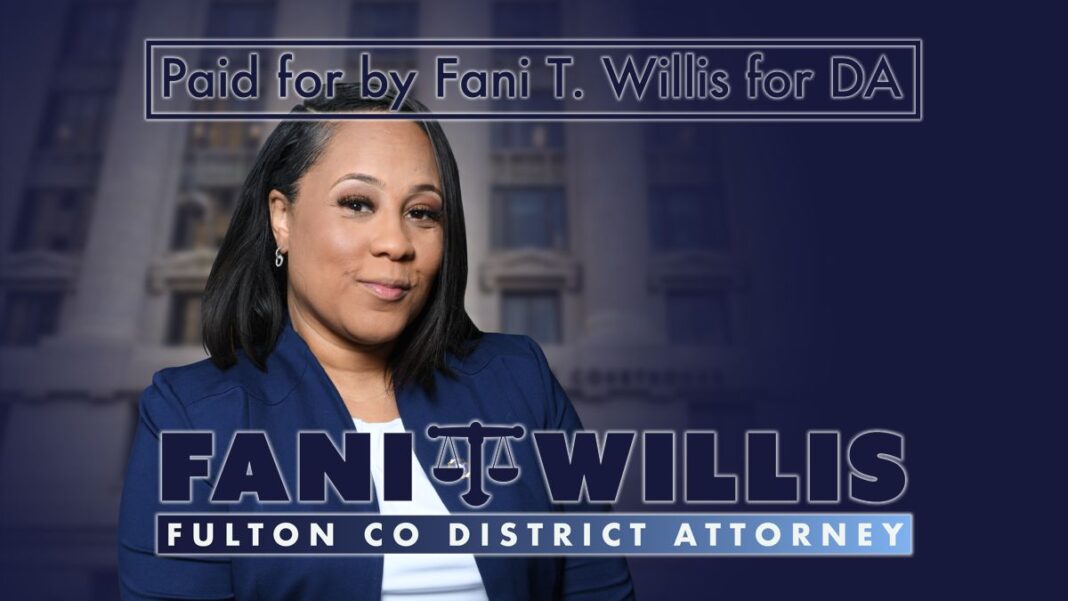President Trump is facing restrictions on his speech that could have broad implications for how he defends himself and campaigns against President Biden.
Former President Donald Trump is facing two controversial restrictions on his speech as he fends off multiple indictments that will likely influence public perception in his presidential campaign. It’s difficult to determine the ultimate impact of his Washington and New York gag orders, but they’ve prompted debate over how political candidates can be restricted while running for office.
As these orders make their way through the courts, here are five things to consider:
1. The DC Order Is Unprecedented
U.S. District Court Judge Tanya Chutkan’s gag order restricts President Trump’s ability to speak about that case and its underlying events. Assuming that President Trump wins the GOP nomination, his main opponent is currently slated to be the man whose administration is prosecuting him for how he challenged the results of their previous contest.
President Trump’s legal team cited two cases that resemble their client’s case but weren’t anywhere near the scale of a presidential election. One involved an appellate court overturning a gag order on former Rep. Harold E. Ford (D-Tenn.). The U.S. Court of Appeals for the Sixth Circuit ruled in 1987 that Mr. Ford “is entitled to fight the obvious damage to his political reputation in the press and in the court of public opinion, as well as in the courtroom and on the floor of Congress. He will soon be up for reelection.”
The court said, “His opponents will attack him as an indicted felon. He will be unable to respond in kind if the District Court’s order remains in place. He will be unable to inform his constituents of his point of view.”
President Trump similarly may encounter roadblocks to sharing his views with the millions of people who voted for him in 2020.
The U.S. Court of Appeals for the Fifth Circuit also defended a gag order in 2000, ruling that it allowed former Louisiana Insurance Commissioner Jim Brown “to answer, without hindrance, the charges of his opponents regarding his indictment throughout” his race for office.
It said that the lower court “made special allowances for Mr. Brown’s reelection campaign by lifting most of the order (with the exception of the wiretap recordings) for the duration of the campaign.”
2. Orders Could Limit How Trump Campaigns
Judge Chutkan’s order allows President Trump to generally criticize his likely opponent, President Joe Biden, but restricts his ability to target certain individuals in the case. Depending on how President Biden and others speak about the case, that could prove problematic for President Trump’s ability to defend himself during the campaign.
By Sam Dorman









